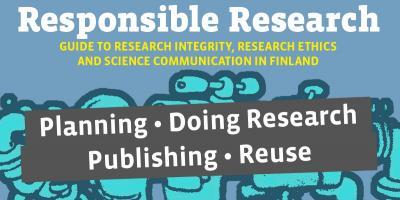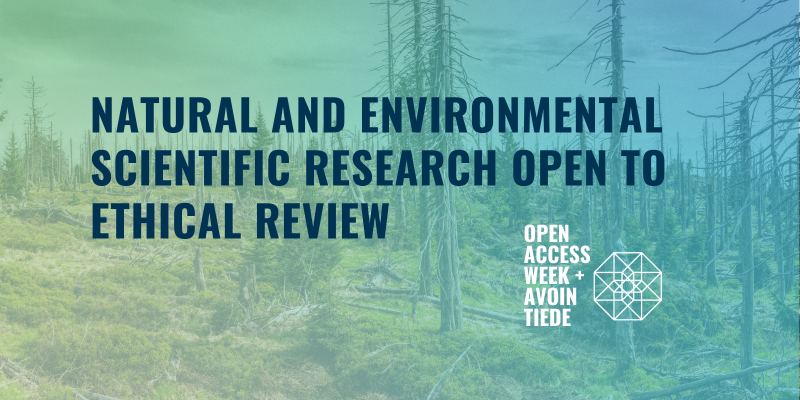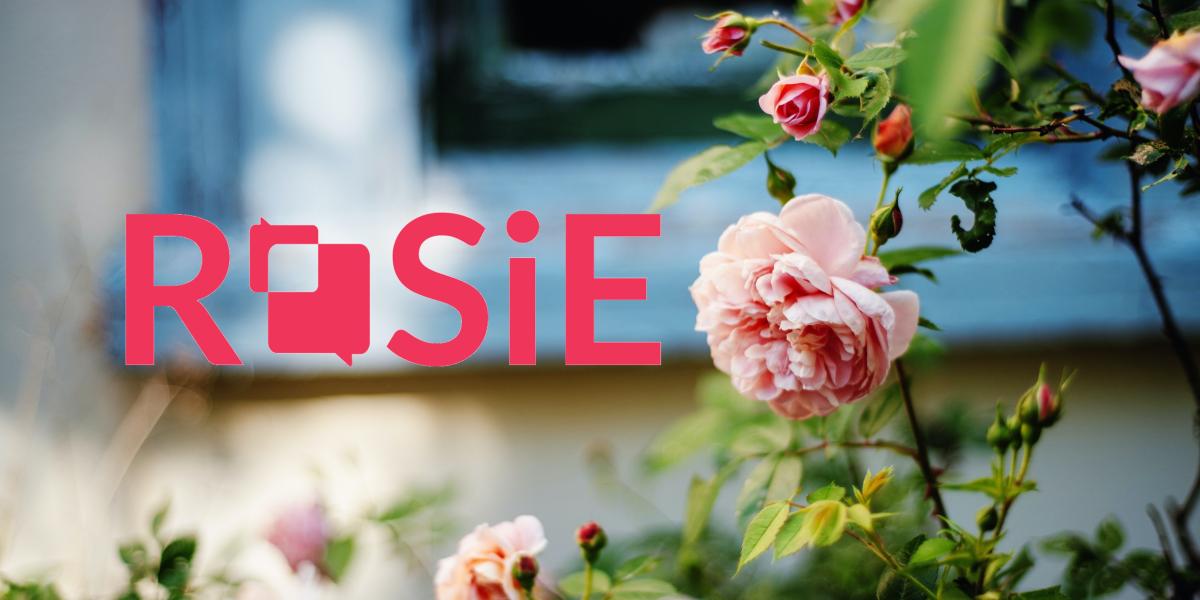
The National Open Science and Research Coordination participates actively in many international networks. One of them is the Responsible Open Science in Europe (ROSiE) project.
Promoting open science is best achieved through international collaboration, and thus The Open Science Coordination in Finland participates actively in many open science networks in Europe and globally. Currently, one of our key international open science activities is ROSiE (Responsible Open Science in Europe, 2021–2024).
ROSiE is a three-year project funded by HORIZON2020. Its mission is to co-create, with all related stakeholders, novel practical tools to foster a responsible open science and citizen science. The project consortium consists of 12 organisations from ten different countries and is coordinated by the University of Oslo. The Federation of Finnish Learned Societies is a consortium partner and the practical work is conducted by the Open Science Coordination.
The project aims to identify novel ethical and legal issues, as well as new forms of misconduct and questionable practices brought about by open science. The goal is to analyse them in the context of existing ethical and legal frameworks, and to pinpoint gaps and grey areas.
The Open Science Coordination is involved in several of the nine work packages of ROSiE, but the most central ones are three work packages, which are concentrating on open science policies, a platform presenting the project outputs in a user-friendly way, and training materials for promoting responsible practice of open science. Dr Elina Koivisto works as a senior specialist of the project.
From policies to practical tools
Work package 5 – “GUIDE: Facilitating the use of Responsible Open Science – best practice guidelines and new policy framework” has started its work with an analysis of the existing open science policies and guidelines in Europe (EU, Norway and United Kingdom) by using so-called Country Cards. The Country Cards provide an easy way to compare policies between countries and highlight differences. (Read more about WP5)
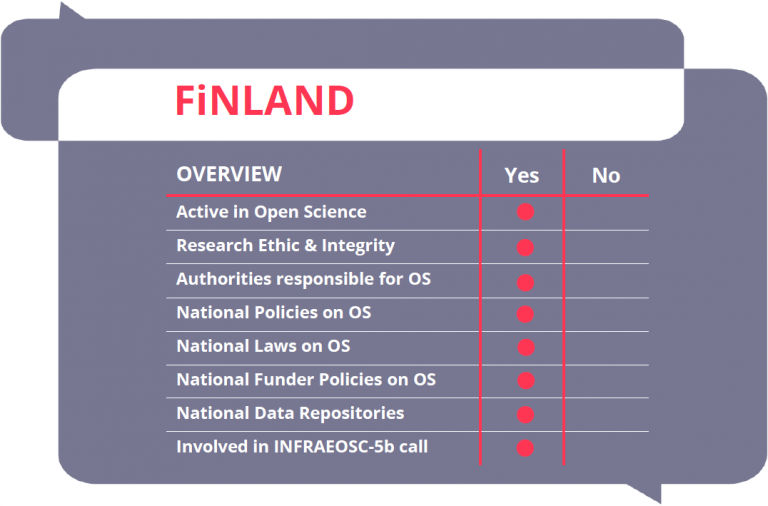
The next phase in WP5 is to produce a common framework for responsible open science in order to combine and to harmonise national policies. The work package will produce e.g. a policy paper, which will complement ALLEA’s The European Code of Conduct for Research Integrity especially for open science, and later also discipline related guidelines.
Work package 6 – “EXPLORE, GUIDE, and EQUIP: The ROSiE Knowledge Hub for Open Science” focuses on creating technical solutions for the project outcomes to be presented in a user-friendly way. They aim to produce a platform (The ROSiE Knowledge Hub) for specialists working with open science and research ethics and for people interested in the topics.The hub will contain project outputs, such as information on and tools for open science infrastructures, as well as ethical and legal aspects. The development of the hub is on its way and it is currently getting tested by the project partners and relevant stakeholders. (Read more about WP6)
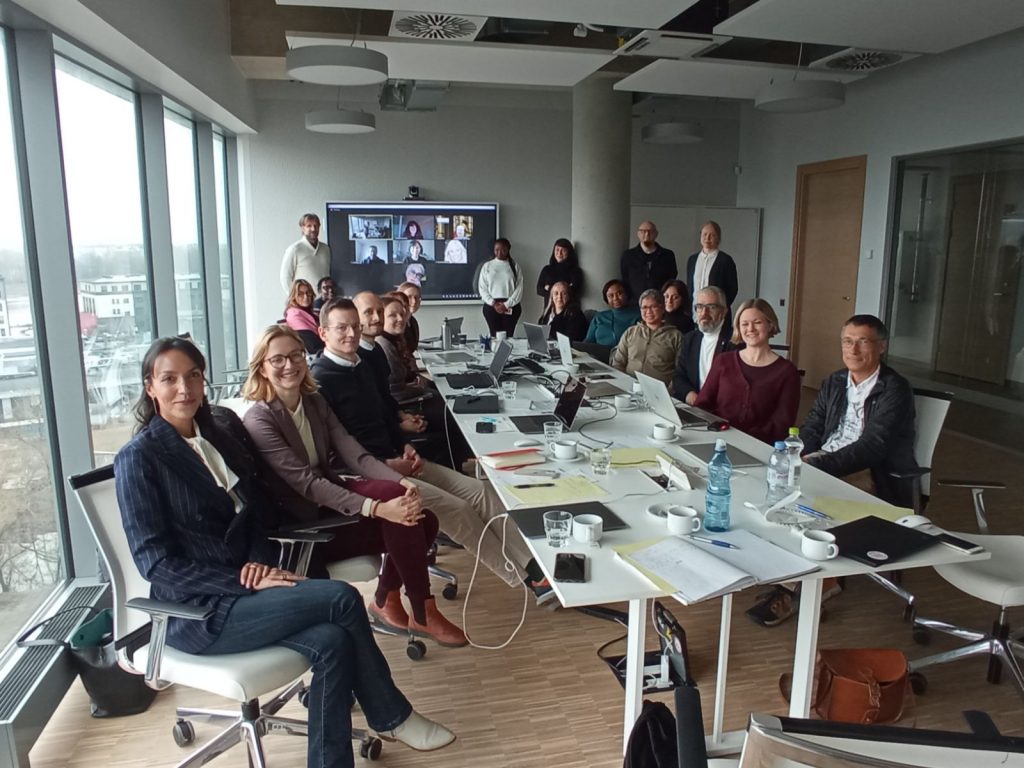
Work package 7 – “EQUIP: Training materials for promoting responsible practice of Open Science” produces training materials designed for different focus groups: students, early career researchers, experienced researchers, and citizen scientists. The materials are also designed by discipline (natural sciences, social sciences, humanities, health and life sciences).
The training materials contain both reading material and tasks such as case studies for a two day course. Once ready, all the materials will be openly available on the ROSiE website. The training materials are currently being tested both by stakeholders and trainers. There will also be available later online materials such as MOOCs. (Read more about WP7)
All the project outcomes can be currently found on the ROSiE website.
Read more about ROSiE
Text: Elina Koivisto
Images: Tyler Donaghy / Unsplash (modified by adding the project logo), ROSiE
